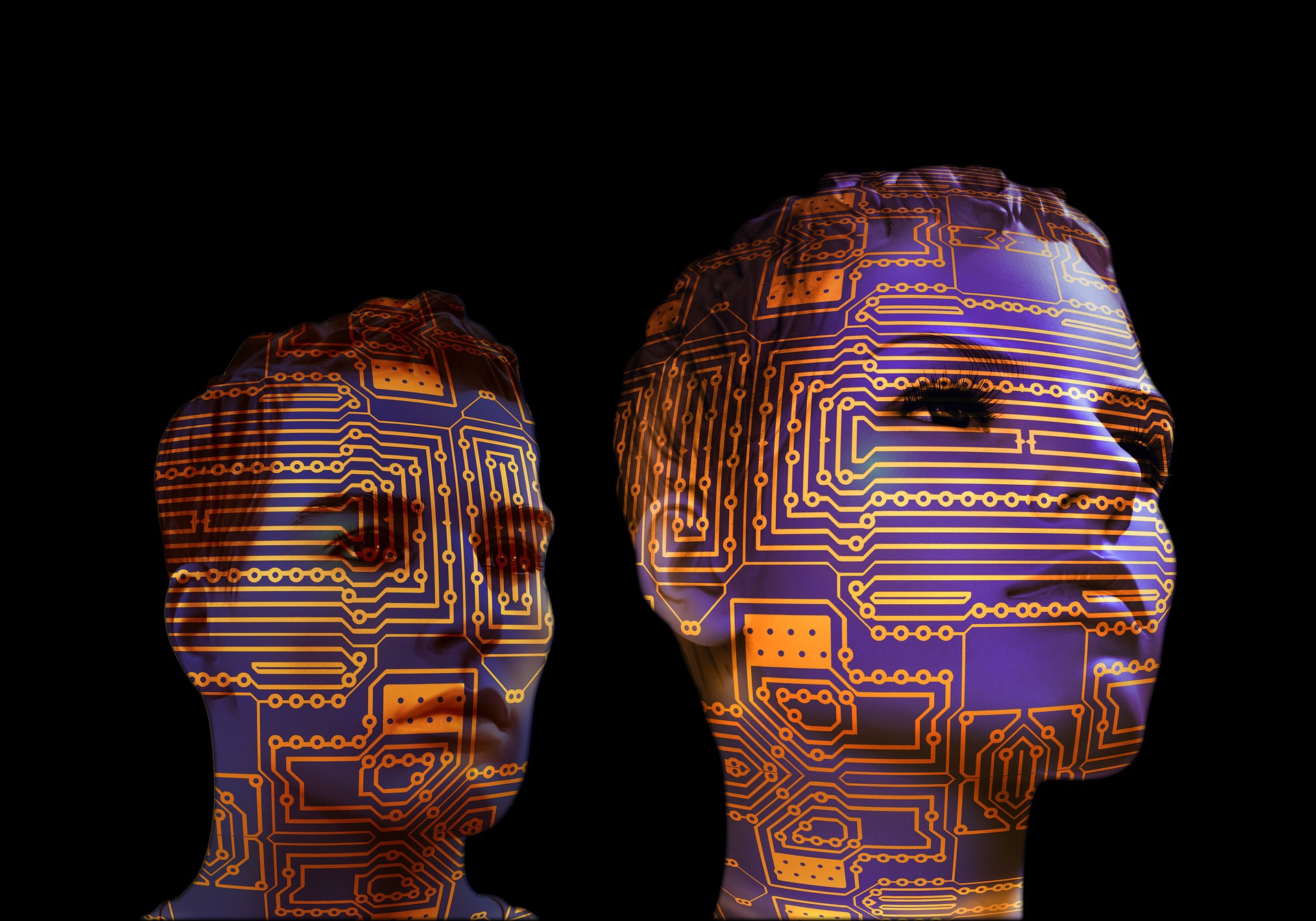Traumatic brain injury (TBI) can have a significant impact on a person’s life, affecting their cognitive abilities, physical functioning, and emotional well-being. However, advancements in artificial intelligence (AI) technology offer new opportunities for TBI victims to receive personalized care and support. We will explore the practical applications of AI for TBI victims and the potential benefits of using AI in their care.
-
Cognitive Rehabilitation
Cognitive rehabilitation is an essential component of TBI treatment. AI-powered cognitive rehabilitation tools are used to improve a patient’s cognitive functioning, memory, attention, and executive functioning. These tools use machine learning algorithms to adapt to a patient’s individual needs. They provide personalized training that is specific to the patient’s injury and recovery goals. The AI system can track progress, make adjustments, and provide feedback to both the patient and their healthcare team, resulting in better outcomes and faster recovery times.
-
Assistive Technologies
TBI patients often struggle with activities of daily living (ADLs) such as grooming, dressing, and meal preparation. AI-powered assistive technologies, such as smart home devices, are used to help patients with these tasks. For example, smart home devices can remind patients to take their medication, turn on the lights when they enter a room, and adjust the thermostat based on their preferences. Devices can be controlled by voice commands or through a smartphone app, making them accessible and easy to use for patients with physical or cognitive impairments.
-
Telemedicine
Telemedicine has become increasingly important in the wake of the COVID-19 pandemic, and it has particular benefits for TBI patients. AI-powered telemedicine systems can be used to provide remote care, including virtual appointments with healthcare providers, teletherapy sessions, and remote monitoring of patient’s vital signs. These systems use AI algorithms to analyze data from wearable devices, such as smartwatches or fitness trackers, to provide real-time feedback on a patient’s health status. This technology can also be used to track patients’ progress and provide customized treatment plans.
-
Predictive Analytics
TBI patients often experience a range of physical and cognitive symptoms, and it can be challenging for healthcare providers to predict which symptoms a patient will experience and how they will progress over time. AI-powered predictive analytics can help healthcare providers make more accurate predictions about a patient’s recovery trajectory. Machine learning algorithms can analyze data from a patient’s medical records, imaging studies, and wearable devices to identify patterns and make predictions about the patient’s future health status. This information can help healthcare providers develop customized treatment plans and adjust them as needed based on the patient’s progress.
AI and TBI Conclusion
AI technology has the potential to revolutionize TBI care by providing personalized support, improving outcomes, and enhancing patients’ quality of life. The practical applications of AI in TBI care are numerous, and as the technology continues to advance, we can expect to see even more innovative solutions to support TBI patients in their recovery.


